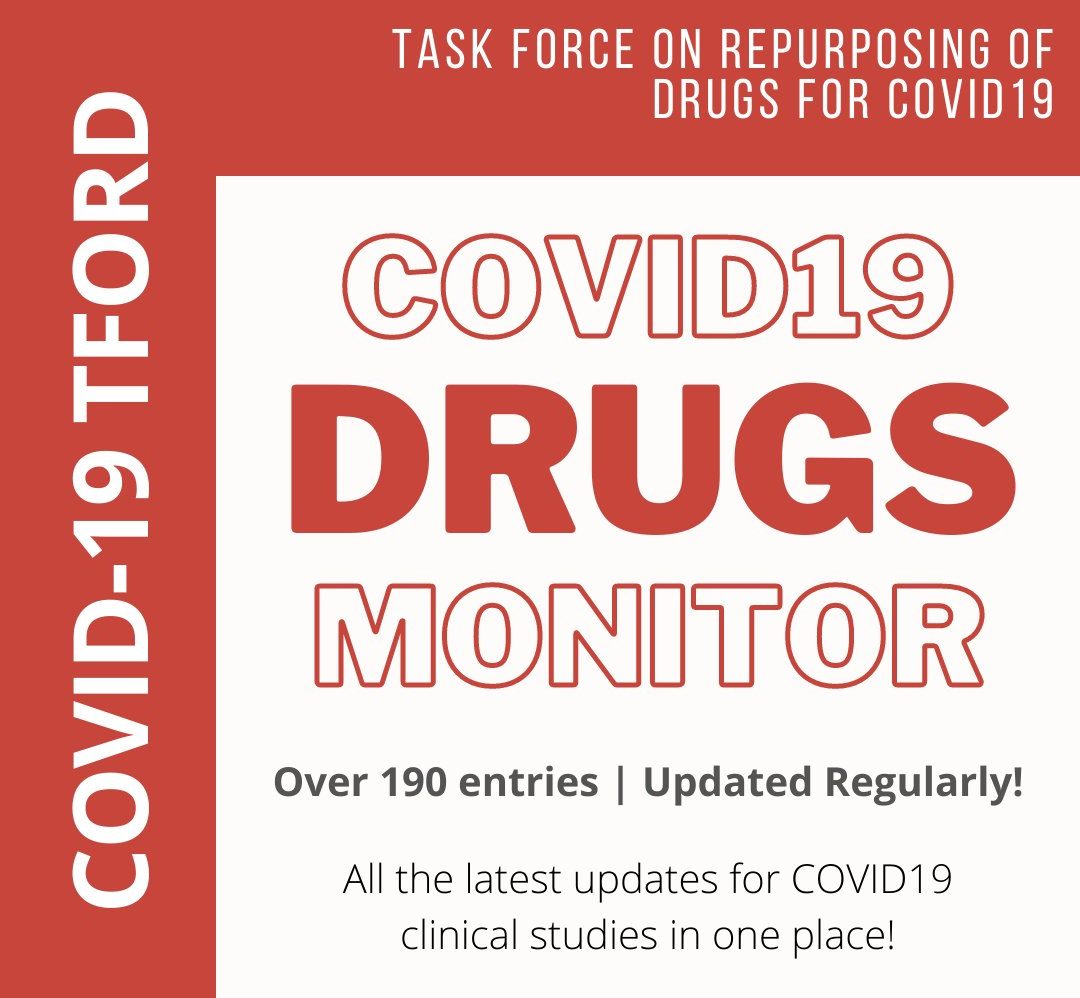(23 Feb 2021) Tocilizumab & methylprednisolone- showed significant impact on survival
Benefits of early aggressive immunomodulatory therapy (tocilizumab and methylprednisolone) in COVID-19: single center cohort study of 685 patients
https://doi.org/10.1016/j.jtauto.2021.100086
From March 3 rd to May 7 th, 685 patients were included for analysis (58.4% males, mean age 68.9 years). Patients in the first period (n=408) were younger (66.6 vs 71.1 years, p=0.003),presented lower mean P a O 2/F i O2 ratio at admission (256.5 vs 270.4 mm Hg,p=0.0563), higher ferritin (1520 vs 1221 ng/ml, p=0.01), higher IL-6 (679 vs 194 pg/ml,p<0.0001) and similar D-dimer levels (3.59 vs 3.39 mug/mL, p=0.65) compared to the second period (n=277). Lopinavir/ritonavir and interferon were preferentially given in the first period (23.8% and 32% vs 1.8% and 11.9%, p<0.0001). Use of corticoids (88.2% vs 87.4%, p=0,74) and tocilizumab (26.29 vs 20.22% p=0.06) were similarly administered in both periods. Patients in the second period needed less mechanical ventilation (4.9% vs 16.9%, p<0.0001), fewer ICU admission (6.1% vs 20.1%,p<0.0001) and showed similar mortality (17.7% vs 15.4%, p=0.43). Infectious and thrombotic complications were comparable in both periods (both around 8%, with no statistical difference). Patients treated with tocilizumab (n=163) had lower mortality rate compared to those untreated under the same indication (7.9% vs 24.2%, p<0.0001).In this large retrospective COVID-19 in-hospital cohort, lopinavir/ritonavir and interferon showed no significant impact on survival. Extensive use of corticosteroids and tocilizumab resulted in good overall outcome and showed acceptable complication rates.
